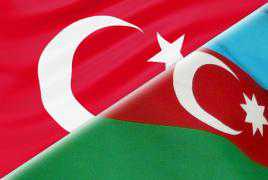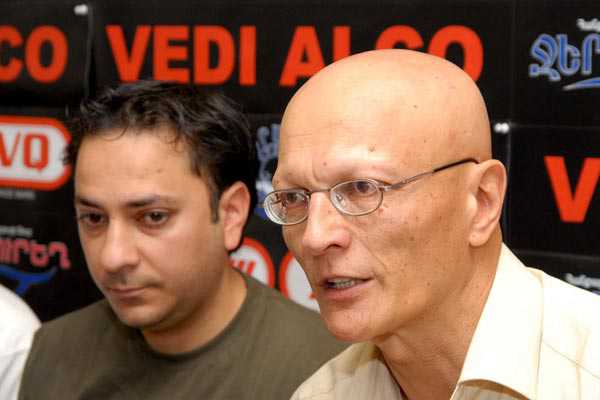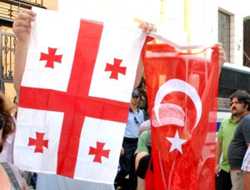“Armenian Architects of Istanbul in the Era of Westernization” is a unique exhibition that opens in Yerevan on Tuesday, June 14 at 3pm at the National Museum – Institute of Architecture of Armenia.

Curated by Hasan Kuruyazıcı, the exhibition presents the role of forgotten Armenian architects in the process of forging the urban landscape of Istanbul.
The exhibition is the brainchild of the International Hrant Dink Foundation, in collaboration with HAYCAR Association and Istanbul 2010 European Capital of Culture Agency.
Visitors will be able to explore the life stories of more than 40 Armenian architects who lived between late 19th and early 20th centuries. The history, architectural drawings and documents about the ancient versions of 100 buildings that were designed by these architects will also be displayed at the exhibition via photographs and two short films.
The photographs of buildings, listed by Hasan Kuruyazıcı after his long trips through the streets of Kurtuluş-Tatavla, Pangaltı, Taksim, Cihangir, Tarlabaşı, Tünel, Galata, Eminönü and Mahmutpaşa, show us the contribution of Armenian architects in the westernization process of Istanbul.
Armenian architects played a significant role in the shaping up of the architectural silhouette of Istanbul by blending their knowledge based on tradition with Western architecture, which gradually brought the European style to Istanbul.
Designed by Erkal Yavi, the exhibition was previously held at Istanbul Modern Arts Museum, the Istanbul Bahceshir University and the Modern Arts Centre of Ankara Cankaya Municipality.
The exhibition will travel to Gyumri in September and Vanadzor in October. A book that features articles on the architects and architecture of the period together with the photographs of buildings has been published in Armenian-English and will be available at the exhibition.
The exhibition will be on view from June 14 – August 31at the National Museum – Institute of Architecture of Armenia, Republic Square Government Bldg. #3, 1st Floor, Yerevan. (+374 10) 524630
Visiting hours: Tuesday-Sunday 10:00am-5:00pm
via “Armenian Architects of Istanbul” Exhibition Opens in Yerevan | Hetq online.





